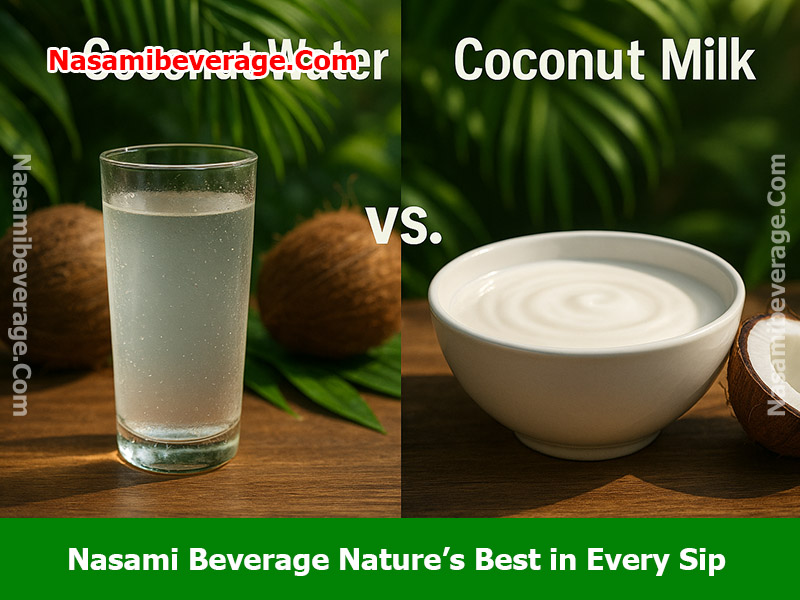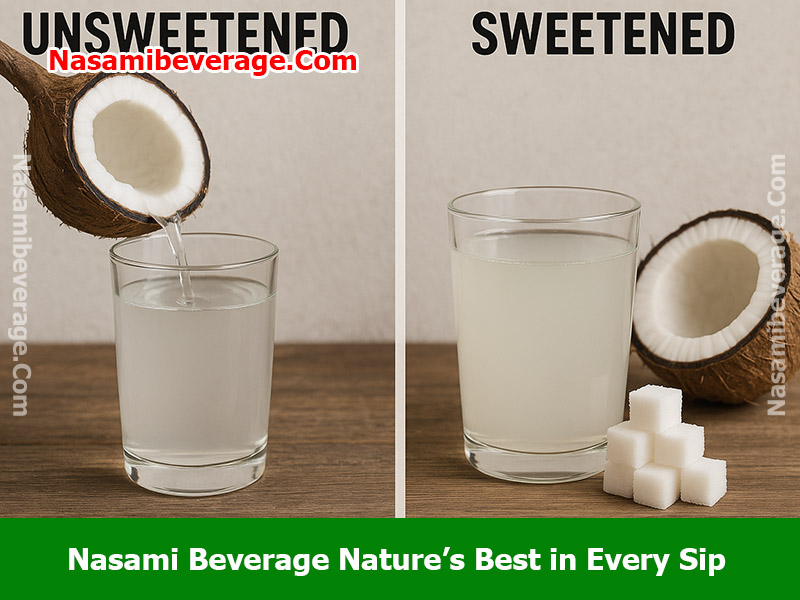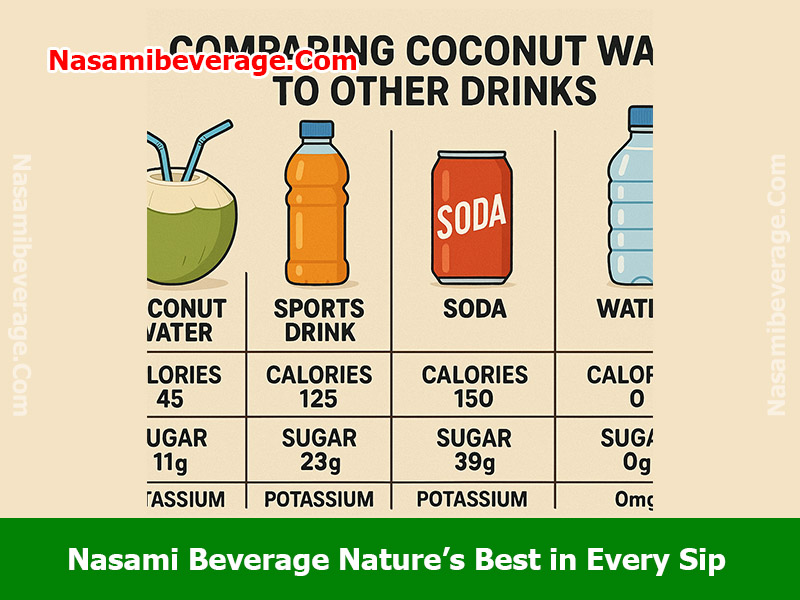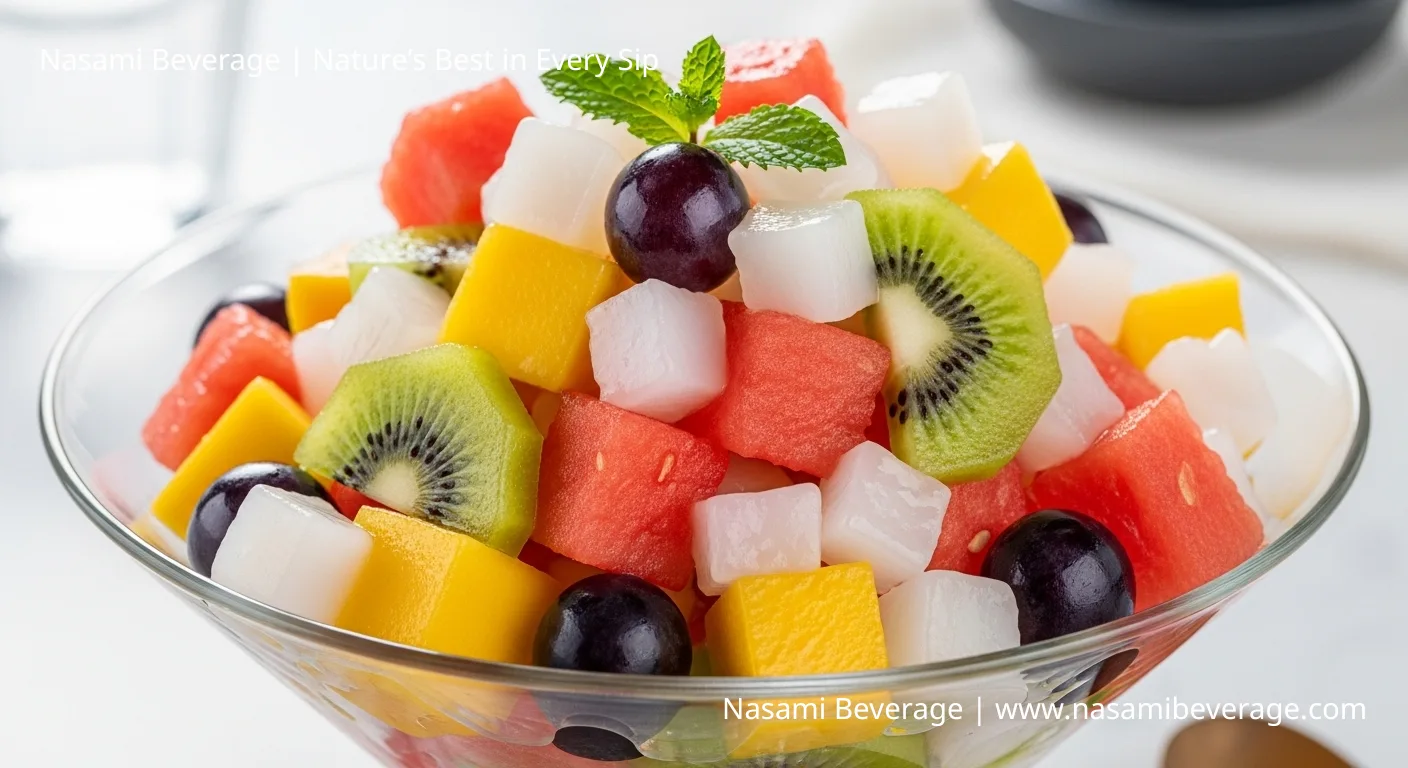Coconut water has surged in popularity as a refreshing, hydrating drink packed with natural electrolytes, making it a favorite among health enthusiasts and dieters. But how many carbs in coconut water, and does it fit into a low-carb or keto diet? This article dives into the carbohydrate content of coconut water, explores its nutritional benefits, and compares it to other beverages. From understanding its composition to choosing the best brands like Vita Coco or Harmless Harvest, you’ll discover everything you need to know about this tropical drink. Whether you’re counting carbs or seeking a healthier hydration option, we’ve got you covered.
What Is Coconut Water?
Coconut water is the clear liquid found inside young green coconuts, often harvested before the coconut fully matures. Comprising roughly 95% water, it’s naturally low in fat and protein, with about 4% carbohydrates. This makes it a lightweight, hydrating beverage rich in electrolytes like potassium and sodium, as well as small amounts of vitamins and minerals. Unlike sugary sodas or processed juices, coconut water offers a natural way to replenish fluids, making it a go-to choice for athletes and wellness-focused individuals curious about drinking coconut water benefits.

It’s easy to confuse coconut water with coconut milk, but they’re entirely different. Coconut water is the liquid extracted from the coconut’s cavity, low in calories and carbs. Coconut milk, on the other hand, is made by blending coconut flesh with water, resulting in a creamy, high-fat, and calorie-dense product. For those watching their carb intake, coconut water is the better choice, offering hydration without the heavy caloric load of coconut milk.
How Many Carbs Are in Coconut Water?
So, how many carbs are in coconut water? On average, an 8-ounce (240 ml) serving contains 6–9 grams of carbohydrates, primarily from natural sugars. The exact amount varies depending on whether the coconut water is fresh, unsweetened, or sweetened. For example, unsweetened brands like Harmless Harvest typically have around 6 grams of carbs per serving, while sweetened varieties may push closer to 9 grams or more. Below is a quick comparison of carbs in popular brands:
Brand | Serving Size | Carbs (grams) |
|---|---|---|
Vita Coco | 8 oz | 6 |
Zico | 8 oz | 7 |
Harmless Harvest | 8 oz | 6 |
C2O | 8 oz | 8 |
Most of the carbs come from natural sugars, with negligible amounts of fiber or starch, making coconut water a relatively low-carb option compared to fruit juices. Be cautious, though, and learn how to know if coconut water is bad to ensure you’re consuming a fresh product.

Unsweetened vs. Sweetened Coconut Water
Choosing unsweetened coconut water is key for minimizing carb intake. Unsweetened varieties, like those from Taste Nirvana, contain only the natural sugars found in the coconut, keeping carbs low. Sweetened or flavored coconut waters, however, often include added sugars or fruit purees, which can significantly increase the carb count. Always check the nutrition label to avoid hidden sugars that could derail your diet.
Carbs in Different Serving Sizes
Carb content scales with serving size. Here’s a breakdown for common portions:
8 oz (240 ml): 6–9 grams of carbs
11 oz (330 ml): 8–12 grams of carbs
1 cup (240 ml): ~9 grams of carbs
For context, if you’re following a low-carb diet (typically 20–50 grams of carbs daily), an 8-ounce serving of coconut water fits easily within your limits, provided you account for other carb sources throughout the day.
Is Coconut Water Low-Carb or Keto-Friendly?
Coconut water’s moderate carb content makes it a viable option for low-carb diets, but its suitability for keto depends on portion control. With 6–9 grams of carbs per 8-ounce serving, it’s not carb-free like water or unsweetened teas, but it’s far lower than most sports drinks or sodas. For keto dieters, who typically aim for 20–30 grams of carbs daily, a small serving of coconut water can work if paired with carb-free meals. To make it keto-friendly:
Stick to unsweetened varieties.
Limit servings to 4–6 ounces.
Track carbs to stay within your daily limit.
As Hippocrates once said, “Nature itself is the best physician.” Coconut water’s natural composition aligns with this philosophy, offering hydration and electrolytes without artificial additives.

How does coconut water stack up against other beverages? Here’s a comparison of carbs per 8-ounce serving:
Coconut Water: 6–9 grams
Sports Drinks (e.g., Gatorade): 14–20 grams
Soda (e.g., Cola): 25–30 grams
Orange Juice: 20–25 grams
Coconut water shines as a lower-carb alternative with natural electrolytes, making it a smarter choice for hydration without the sugar overload of processed drinks. You can even mix it creatively, like trying coconut water with orange juice for a refreshing twist.
Nutritional Benefits of Coconut Water
Beyond its carb profile, coconut water offers a range of health benefits. It’s a powerhouse of electrolytes, particularly potassium, which supports muscle function and hydration. An 8-ounce serving provides about 600 mg of potassium-more than a banana-making it ideal for post-workout recovery. It also contains small amounts of magnesium, sodium, and antioxidants, which may help combat oxidative stress. With only 40–60 calories per serving, it’s a low-calorie option for those managing their weight. Its natural sweetness satisfies cravings without the guilt of sugary beverages.
Who Should Drink Coconut Water?
Coconut water is perfect for:
Athletes: Replenishes electrolytes lost during exercise.
Dieters: Low-calorie and low-carb for weight management.
Health Enthusiasts: Natural hydration with minimal processing.
However, those with kidney issues should consult a doctor due to coconut water’s high potassium content, which could be problematic in large amounts.
How to Choose the Best Coconut Water
Not all coconut waters are created equal. To pick the best, opt for unsweetened, natural options from trusted brands like Vita Coco, Zico, or Harmless Harvest. Check the ingredient list to ensure there are no added sugars, artificial flavors, or preservatives. Organic or non-GMO certifications, like those from C2O, can also indicate higher quality. If possible, choose products labeled “100% coconut water” for the purest experience.
Fresh vs. Packaged Coconut Water
Fresh coconut water, straight from a young coconut, is the gold standard, retaining maximum nutrients and flavor. However, it’s less accessible and pricier than packaged options. Packaged coconut water, like Taste Nirvana’s, is convenient and widely available, though some brands pasteurize their products, which may slightly reduce nutrient levels. For most consumers, packaged unsweetened coconut water strikes a balance between quality and affordability.
FAQs – How many carbs in coconut water?
How many carbs are in a cup of coconut water? A cup (240 ml) of coconut water contains approximately 9 grams of carbohydrates, primarily from natural sugars, though this varies slightly by brand.
Is coconut water suitable for a keto diet? In moderation, yes. With 6–9 grams of carbs per serving, unsweetened coconut water can fit into a keto diet if you limit portions and track daily carbs.
Does coconut water have added sugars? Unsweetened coconut water contains only natural sugars. Sweetened varieties may include added sugars, so always check the label.
How does coconut water compare to sports drinks in carbs? Coconut water has fewer carbs (6–9 grams per 8 oz) than sports drinks (14–20 grams per 8 oz) and offers natural electrolytes for hydration.
Coconut water is a refreshing, low-carb drink that delivers 6–9 grams of carbohydrates per 8-ounce serving, making it a smart choice for health-conscious individuals and low-carb dieters. Its natural electrolytes, low calorie count, and hydrating properties set it apart from sugary sports drinks and sodas. By choosing unsweetened brands like Vita Coco or Harmless Harvest, you can enjoy its benefits without compromising your diet. Ready to make coconut water your go-to hydration option? Check out Nasami Beverage to explore high-quality coconut water options and find your favorite today!



